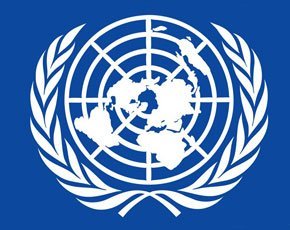Controversial rules that could have seen the United Nations put in charge of the internet have been rejected by the UK and other member states at a conference in Dubai this week.
The International Telecoms Union (ITU) – the UN’s agency for information and communications technology – gathered representatives from across the globe to try and gain consensus on updating telecoms regulations that hadn’t been examined since 1988.

Although some elements were easily agreed on, such as more transparency over mobile roaming charges, the proposal to regulate the internet and give more power to states to control both web and phone traffic were turned down outright by the UK, the US and Canada.
Representatives from Chile, Costa Rica, the Czech Republic, Denmark, Finland, Greece, Italy, Kenya, the Netherlands, New Zealand, Portugal and Sweden also said they wouldn’t be able to sign up without discussing it first with their domestic governments.
Critics of the proposals claimed giving equal rights to each state of the UN and putting one vote in each of their hands could lead to censorship of the internet. High profile figures such as Vint Cerf, one of the creators of the internet, and Sir Tim-Berners Lee, inventor of the World Wide Web, even said such regulations would be a threat to a free internet and standards should be left to the private sector organisations building the technology.
However, countries such as Russia, China and Saudi Arabia have said the current state of play where, for example, the US holds the rights to the naming and registration of addresses on the internet, puts control into select hands already and believes new regulations were needed.
Dr Hamadoun I. Touré, secretary general of the ITU, has maintained his stance that it was never the organisation’s intention to bring the control of the internet into question, saying the treaty “does not cover content issues and explicitly states in the first article that content-related issues are not covered by the treaty.”
The UK delegation said they had "pressed for consensus" and "made compromises where [they] could," but could not agree with the ITU.
"We believe the new [regulations] as agreed have the potential to increase the control governments have over the internet," said a spokesman from the Department of Culture, Media and Sport. "We continue to believe that a free and open internet is vital for prosperity, economic development and freedom of expression."
"Our decision not to sign this international treaty reflects this strongly held belief."





